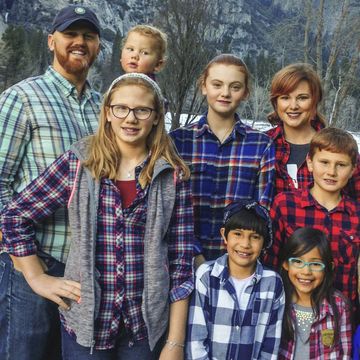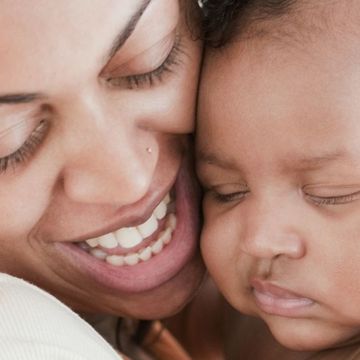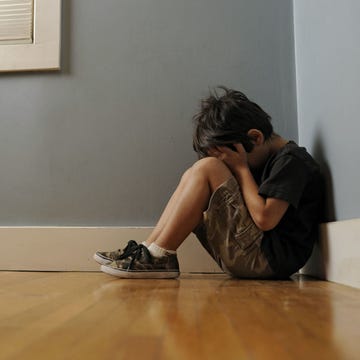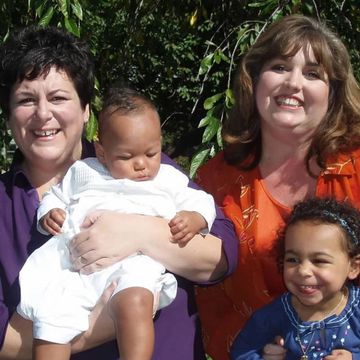Over 400,000 children are in the foster care system. The initial goal is to reunite them with birth families or relatives if appropriate, but that's not always the case. At least 100,000 kids don't qualify for reunion, most often because their parents' rights have been terminated. Here's a look at the state of foster care in America today:
Foster Care by the Numbers
About 40% are 5 years old or younger.
54% of kids spend a year or more in the system.
5% stay in care five years or more. Some spend their entire childhoods bouncing around.
3,300 families have begun adoption proceedings through Wait No More, an initiative created by Focus on the Family. "The issue of solving foster care is becoming a movement," says FOF's Kelly Rosati. Learn more at icareaboutorphans.org.
Why 1 in 3 Foster Kids Will Be Homeless
Every year, about 22,000 foster kids age out of the system and are on their own. In 2008, federal legislation was passed to allow states to claim reimbursement for foster youth until age 21, but less than half do it. Without extended care, one-third of former foster kids will become homeless by age 26; only half have a job at age 24; 71% of girls will be pregnant by 21; and many end up in jail.
"It doesn't make sense not to extend care," says Amy Dworsky, Ph.D., at Chapin Hall, a research and policy center at the University of Chicago. "When biological children turn 18, we don't expect them to be totally self-sufficient. Why would young people who've been traumatized be able to make it on their own?" For information on how to help, go to YVLifeSet.
How You Can Make a Difference
Not everyone can become a foster or adoptive parent, but there are many ways we all can help. If you have...
One minute: Fund a foster child's wish (a new doll, for instance) at One Simple Wish.
One hour: Put together a "first-night kit" for a foster kid: a toothbrush, toothpaste, a comb, a stuffed animal, a small flashlight and a book, suggests Reverend Amy Bezecny, a Hope and Healing Institute Fellow in Adoptive and Foster Care Parenting in Houston. Call a local foster care agency first to see what it will accept; find one at National Foster Care & Adoption Directory or the National Foster Parent Association.
One day a week: Tutor or mentor through Big Brothers Big Sisters, Foster Care to Success or National Mentoring Partnership.
A weekend: Hold a fundraiser or collect school supplies, toys and suitcases to donate to local foster care centers.
Flexible time for a year or more: Become a volunteer for CASA — Court Appointed Special Advocates. After training, you're appointed by a judge to watch out for a child as he makes his way through the court system — you may visit his foster home or talk to teachers to see how the child is faring. "A child who is taken away is thrown into a system that's unfamiliar and scary," says Tara Perry, National CASA CEO. "The CASA volunteer works with the child until there is placement in a new family or reunion with the birth family." Time required: about 10 hours a month.
A lifetime: Foster or adopt. It takes four to 12 months to become licensed, including undergoing a home evaluation and attending training. If you're considering it, contact a local adoption or foster care agency and ask if you can talk to other parents about what it's really like. Also, check out the North American Council on Adoptable Children or AdoptUSKids. By registering on the latter site, you can search a national photo listing of over 5,000 children in foster care who are adoptable.
This story originally appeared in the November 2016 issue of Good Housekeeping.






